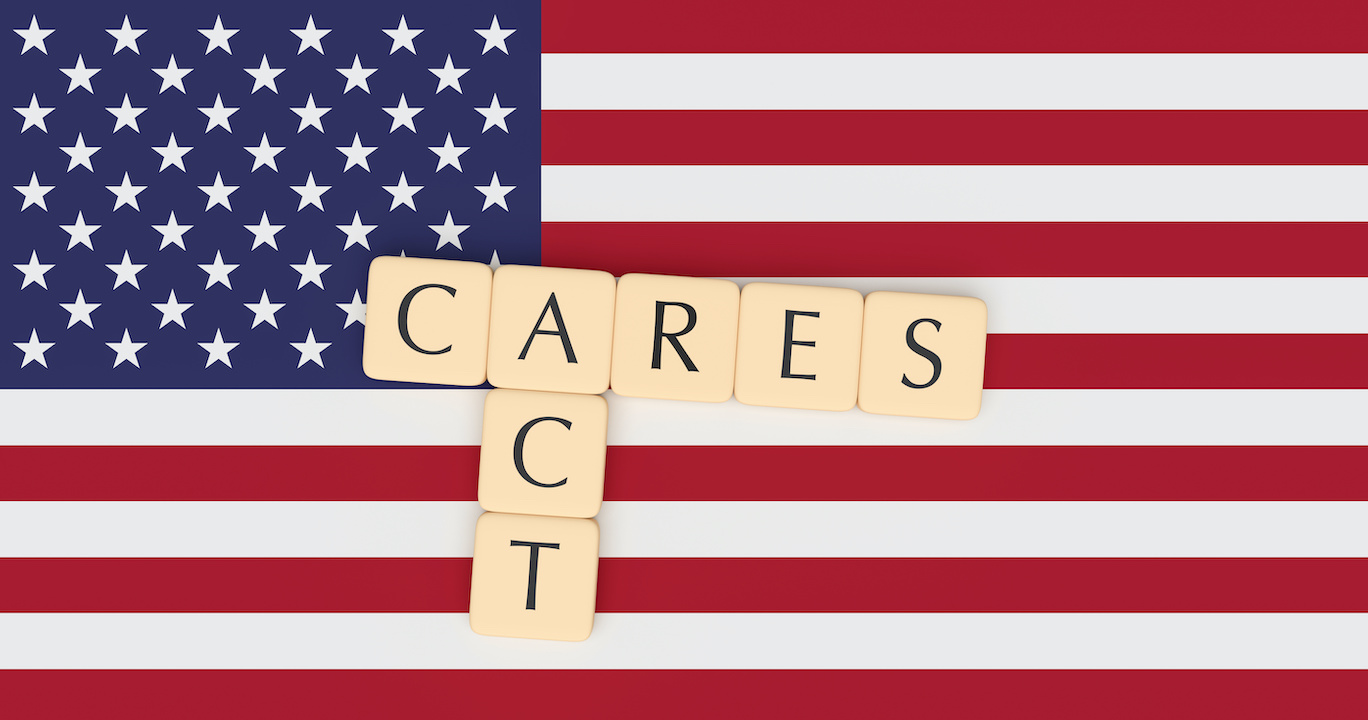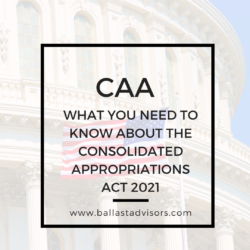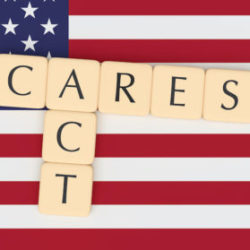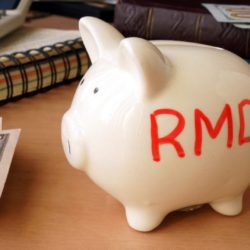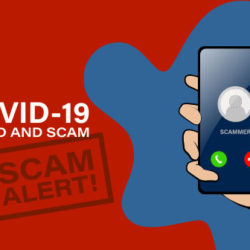Recently Congress passed both the SECURE Act and the CARES Act into law. Although these Acts are comprehensive in aggregate, Ballast Advisors financial professionals have
comprised a summary of the sections we want our clients to understand.
If you have questions, please contact your
financial advisor.
financial advisor.
CARES ACT SUMMARY
INDIVIDUALS
-
Provides rebates of up to $1,200 for single individuals and $2,400 for joint filers. This rebate is subject to a phase-out beginning at adjusted gross income of $75,000 and $150,000 respectively. Taxpayers with qualifying children will receive an additional $500. The rebates will be based upon 2019 returns if already filed. If 2019 has yet to be filed, then rebates will be based upon the 2018 returns. The IRS is still reviewing multiple methods of delivery.
-
Advanced refund payments are based on your most recent tax return. If you have filed a 2019 return it will be based on your 2019 income. If you have not yet filed a 2019 return it will be based on your 2018 income. If you don’t qualify based on your 2018 or 2019 tax return, you may on your 2020 tax return, in which case your rebate will be received in 2021.
-
To qualify, the taxpayer must have an SSN and not be a dependent of another taxpayer.
-
-
Provides waivers on the 10% early withdrawal penalty for distributions of up to $100k made from qualified retirement plans and IRAs, provided these distributions were made because your finances were directly impacted by COVID-19. You may return your taxable withdrawal over three years without consideration of the maximum retirement plan contribution limit.
-
Loosens loan thresholds and repayment terms for loans taken out from certain retirement plans. Please contact your employer to determine the specifics of their loan rules.
-
Waives RMDs (Required Minimum Distributions) from retirement plans including IRAs. RMDs already taken in 2020 generally cannot be returned to the retirement plan.
-
Allows an above the line deduction of up to $300 of cash charitable contributions for those individuals claiming the standard deduction.
-
Only cash contributions are allowed for the $300 deduction. Contributions to a Donor Advised Fund or a private foundation do not qualify for the $300 above the line deduction. This provision will not expire in 2020, making it available in future years.
-
-
Allows a relaxation of the income limit for charitable contributions for those individuals itemizing their deductions on Schedule A.
-
Section 2205 provides that the limitations on charitable contributions for Schedule A are repealed for 2020, so cash contributions can offset 100% of income.
-
Source: Coronavirus Aid, Relief, and Economic Security Act
BUSINESSES
-
Section 2302 provides that all employer payroll taxes for 2020 could be deferred. Employers would remit 50% on 12-31-2021 and 50% on 12-31-2022 with no interest charged in the meantime. This rule also applies to self-employment taxpayers.
-
Section 2301 creates an employee retention tax credit for employers. The employer will get a refundable credit for employment taxes paid to employees. Eligible employers have a business that was fully or partially suspended during 2020 because of an order from a government authority. Also, employers can qualify if they were open and revenue was down 50% or more from the prior year quarter over quarter. Qualifying wages are up to $10,000 per employee for the year. Employers who take a small business interruption loan are not eligible.
-
Section 2307 fixes the TCJA definition for qualified improvement property so it will have a 15-year life span. With a 15-year life span on qualified improvement property, 100% bonus depreciation would be allowed on the qualified improvement property, retroactive to 2018. Amended returns could be filed for 2018 and 2019 if already filed.
-
Modifies the charitable contribution limitations based on income for corporations and extends this to donation of food inventory.
-
Section 2206 expands the employer paid tuition assistance to include payment of student loans.
-
An employer can pay up to $5,250 of tuition or student loans tax-free for an employee in 2020. In 2021 the rule reverts to tax-free for only tuition.
-
-
Section 2303 modifies the rules around Net Operating Losses. NOLs created in 2018, 2019, 2020 can be carried back 5 years with no 80% limitations. So, losses from 2018, 2019, or 2020 could be carried back 5 years and used to fully offset income in prior years for individuals and C Corps.
-
Section 2305 modifies AMT credit rules for C Corporations.
-
Section 2306 modifies the Section 163(j) interest expense limitations. They are modified to allow interest expense of 50% of adjusted taxable income instead of 30% for the 2019 and 2020 tax years. The 163(j) limitation returns to a 30% limit in 2021.
-
Provides additional funding options including the Paycheck Protection Program (referred to as PPP) under SBA 7a program guidance. The PPP does have a potential loan forgiveness portion.
Source: Coronavirus Aid, Relief, and Economic Security Act
Ballast reserves the right to modify its current investment strategies and techniques based on changing market dynamics or client needs. Past performance is not indicative of future results. Nothing contained herein constitutes an offer to buy or sell a particular security or investment strategy. The material presented is derived from a third-party source believed to be reliable, but its accuracy and certainty cannot be guaranteed.
Ballast Advisors, LLC is an independent investment adviser registered under the Investment Advisers Act of 1940, as amended. Registration does not imply a certain level of skill or training. More information about Ballast, including our investment strategies, fees and objectives, can be found in our ADV Part 2 which is available upon request.

